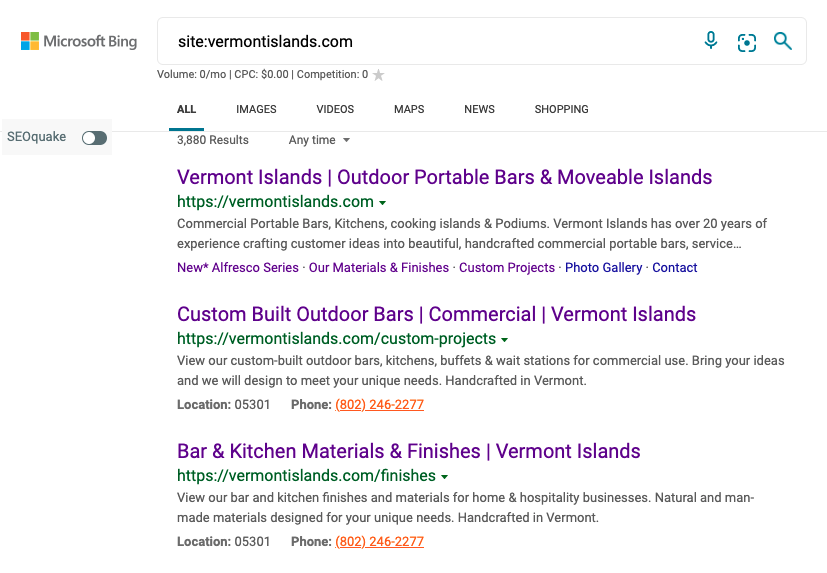"Alright team, let's talk about AI SEO - and no, it's not as scary as it sounds!"
Think of AI SEO like having a really smart assistant who never sleeps, can read millions of articles in seconds, and actually gets what people are searching for online. These assistants are ChatGPT, Perlexity.AI, Claude, Gemini, and more. Through ChatPrompts, you can ask these AI bots to help you find keywords for your page, launch competitive analysis, themes for a work event, find team-building activities, update your calendar, summarize and write emails, plus even ask questions about your prompt to further refine it. For example, “can you output this into an Excel table so I can just copy and paste it into my Excel document?”
Think of AI prompts like giving directions to a really talented intern. The better your directions, the better the work you get back. But instead of asking them to grab coffee, you're asking them to help dominate search results.
What AI Prompts Actually Are
An AI prompt is just how you talk to AI tools (like ChatGPT, Claude, or Jasper) to get them to do SEO work for you. It's the difference between asking "write about dogs" and getting generic fluff, versus asking for something specific that actually ranks.
Game-Changing SEO Prompt Strategies
1. Keyword Research That Actually Works Instead of: "Give me keywords for my business" Try this: "I run a local bakery in Portland. Analyze search intent for people looking for custom birthday cakes. Give me 20 long-tail keywords with commercial intent, including question-based searches and local modifiers."
2. Content That Ranks AND Converts Bad prompt: "Write a blog post about email marketing" Winning prompt: "Write a 1,500-word blog post targeting 'email marketing for small businesses.' Include H2 sections addressing: setup costs, best practices, common mistakes, and ROI metrics. Write for business owners with limited marketing experience. Include actionable tips they can implement today."
3. Meta Descriptions That Get Clicks "Create 5 meta descriptions for an article about 'home office setup ideas.' Each should be 150-160 characters, include a clear benefit, create urgency, and target people working from home for the first time."
4. Content Optimization Prompts "Analyze this blog post and suggest 10 ways to optimize it for the keyword 'sustainable fashion trends 2025.' Consider search intent, related keywords, internal linking opportunities, and user experience improvements."
The Bottom Line
Think of traditional SEO like trying to have a conversation through a megaphone in a crowded stadium. AI SEO is like having a one-on-one conversation with each person in that stadium, speaking their language, and giving them exactly what they're looking for.
The brands winning right now aren't just using AI as a cool tech toy - they're using it to actually understand and serve their customers better. And in a world where attention spans are shorter than a TikTok video, that's everything.
Ready to stop shouting into the void and start having real conversations with your audience?



